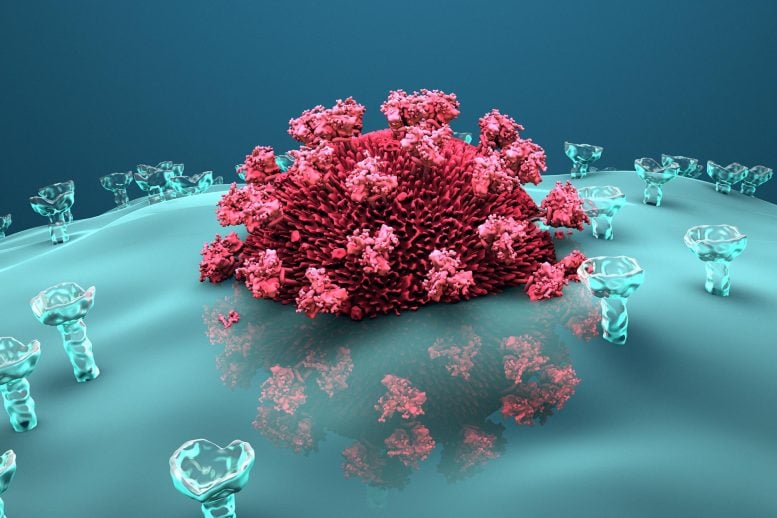
University of Gothenburg researchers have discovered that COVID-19 hijacks the vital RNA machinery in infected cells, causing damaging changes that could potentially be reversed with new drugs. The study found that SARS-CoV-2 infection disrupts RNA modifications, including m6A, a crucial regulator of gene expression. The extent and drastic scale of m6A RNA modification loss surprised the researchers, and they also observed that different coronavirus variants have varying effects on m6A levels. This insight could pave the way for the development of novel treatments against COVID-19.
Coronavirus disease (COVID-19) hijacks parts of infected cells’ vital RNA machinery, thereby blocking important functions in the cells. These damaging changes in the RNA can likely be reversed, potentially leading to new drugs against COVID-19, University of Gothenburg researchers show.
Genetic material in the body’s cells consists of DNA, which serves as long-term storage of genetic information. RNA carries this encoded information to the cells for transcription and translation. These processes enable them to make proteins, which perform most intracellular tasks. The cells’ RNA is modifiable to allow the correct transfer of the DNA information to the proteins. In recent years, scientific understanding of the complexity and importance of these RNA modifications has grown.
Drastic impact
It has been shown that RNA modifications take place in various viruses, but exactly how the viruses affect the RNA modification processes when they infect cells is unknown. This study reports that SARS-CoV-2 infection disrupts the RNA modifications, and the extent of these RNA modification changes surprised the researchers.

The group behind the findings: Roshan Vaid, Tanmoy Mondal, Kristina Nyström and Ketan Thombare. Credit: Elin Lindström
One of the modifications affected by SARS-CoV-2, known as m6A (a multifaceted regulator of gene expression), is highly important for RNA’s basic functions, including transportation of data to the protein-making parts of the cell, and transcription and translation into amino acids there.
“We were surprised at the extent and drastic scale of m6A RNA modification loss in SARS-CoV-2 infection. We also found that the coronavirus variants have differing effects on m6A levels,” says Tanmoy Mondal, researcher at Sahlgrenska Academy, University of Gothenburg, who led the project.

Tanmoy Mondal. Credit: Elin Lindström
Potential drug target
The m6A modification is regulated partly by the enzyme METTL3 (the m6A methyltransferase). The study shows that the localization of this enzyme is affected by the infection; that blocking nuclear export proteins in the cell can restore METTL3 to its original localization while corona infection is ongoing; and that this may serve to arrest the progression of the virus. It might then be possible to develop the blocking effect in a new drug against COVID-19.
The study results may provide new clues to why some people have chronic symptoms that persist long after COVID (“Post-COVID Conditions” or “Long COVID”). The infection appears to leave lasting traces in host cells by removing the m6A modification, which can cause persistent COVID-like symptoms, the scientists note.
They conducted their research using various established research models available for studying SARS-CoV-2 infection. Since the studies were implemented in a controlled laboratory environment, more research is required to show how the virus interacts with human cells in real-life situations.
Reference: “Global loss of cellular m6A RNA methylation following infection with different SARS-CoV-2 variants” by Roshan Vaid, Akram Mendez, Ketan Thombare, Rebeca Burgos Panadero, Rémy Robinot, Barbara F Fonseca, Nikhil R Gandasi, Johan Ringlander, Mohammad Hassan Baig, Jae-June Dong, Jae Yong Cho, Björn Reinius, Lisa A Chakrabarti, Kristina Nystrom and Tanmoy Mondal, 1 March 2023, Genome Research.
DOI:
The research was carried out in collaboration with scientists in France and South Korea. The results of the study are now published in the journal Genome Research.

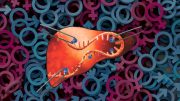
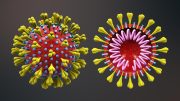
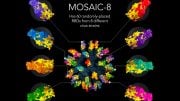
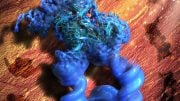
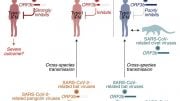

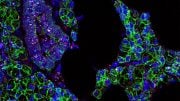
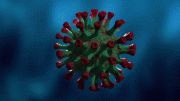
Be the first to comment on "COVID-19 RNA Hijacking Uncovered: Unlocking the Door to Innovative Treatments"